Environment
United Nations Environment Program Finance Initiative

CDP

Climate Change
Energy Transition Initiative-Center for Global Commons (ETI-CGC)
In November 2021, the University of Tokyo and 13 major domestic companies launched the Energy Transition Initiative – Center for Global Commons (ETI–CGC) as an initiative to help with decarbonization.
We advance discussions of pathways to achieve carbon neutrality in Japan.
As a founding member of ETI-CGC, MUFG is actively contributing to the activities of ETI-CGC from the standpoint of a financial institution.
Net Zero Asset Managers initiative (NZAM)
This initiative aims for global asset management companies that have endorsed the intent of the agreement, to achieve net zero greenhouse gas emissions by 2050, in order to achieve the targets agreed in the Paris Agreement (namely to keep global average temperature increases below 2°C and 1.5°C compared to pre-Industrial Revolution).
In November 2021, Mitsubishi UFJ Trust and Banking Corporation and its affiliated asset management companies, Mitsubishi UFJ Kokusai Asset Management Co., Ltd. , MU Investments Co., Ltd. , Mitsubishi UFJ Asset Management (UK) Ltd. have decided to participate in this initiative.
Asia Transition Finance Study Group (ATFSG)
Integrity Council for Voluntary Carbon Markets (IC-VCM)
Partnership for Carbon Accounting Financials (PCAF)

Glasgow Financial Alliance for Net Zero (GFANZ)
GFANZ was founded to establish a forum for addressing and catalysing action toward the sector-wide challenges and opportunities associated with the net zero transition.
It brings together CEOs and leaders from the financial services sector as stand-alone, private-sector group that focuses on supporting efforts within the financial services sector to achieve the Paris Agreement objectives.
Group CEO Hiroki Kamezawa has been appointed as the chair of the GFANZ Japan, and Masamichi Kono, Senior Advisor of MUFG Bank and Former Deputy Secretary General of the OECD has been appointed as GFANZ APAC Advisory Board Member and GFANZ Japan Advisor. Additionally, MUFG actively participates in multiple working groups of GFANZ to contribute to international discussions.
The Poseidon Principles

Keidanren Challenge Zero

Climate Action 100+

Climate Change Initiative
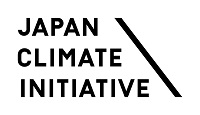
Task Force on Climate-Related Financial Disclosures (TCFD)
The recommendations developed by TCFD encourage companies to disclose climate change-related business risks and opportunities and to share information with investors.
Moreover, in May 2019, Mitsubishi UFJ Trust and Banking also declared support in its capacity as an asset management company.

Japan Climate Leaders Partnership (JCLP)
Natural capital and Biodiversity
30by30 Alliance for Biodiversity
The Alliance was established in April 2022 as a coalition of the willing to implement the various measures incorporated in the 30by30 Roadmap formulated by the Ministry of the Environment.
Alliance participants make efforts to directly secure conservation areas or support conservation activities towards achieving the 30by30 target and disseminate the progress of such efforts.
MUFG supports the purpose of the Alliance and has been participating in it since its launch.

Taskforce on Nature-related Financial Disclosures (TNFD) Forum
The TNFD is an international initiative launched in June 2021 by the United Nations Environment Programme Finance Initiative (UNEP FI), the United Nations Development Programme (UNDP), the World Wide Fund for Nature (WWF) and Global Canopy. TNFD aims to shift global financial flows toward nature-positive outcomes through disclosure of nature-related information by companies. The TNFD Forum is a stakeholder organization to provides information and technical support related to TNFD.
MUFG, together with group companies Mitsubishi UFJ Trust and Banking Corporation and Mitsubishi UFJ Research & Consulting Co., Ltd., which began participating in the TNFD Forum in September and October 2021 respectively, will participate in the TNFD Forum to promote initiatives for natural capital and biodiversity as a group.
Declaration of Biodiversity by Keidanren
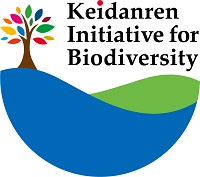
Others
The Sustainable Markets Initiative (SMI)
SMI is an initiative that Prince Charles of the United Kingdom called on companies to work together to promote and accelerate the realization of a sustainable future in 2020.
MUFG participate in the Financial Services Task Force and will contribute to the realization of a sustainable and environmentally friendly society and the promotion of decarbonization from the standpoint of a finance institute.
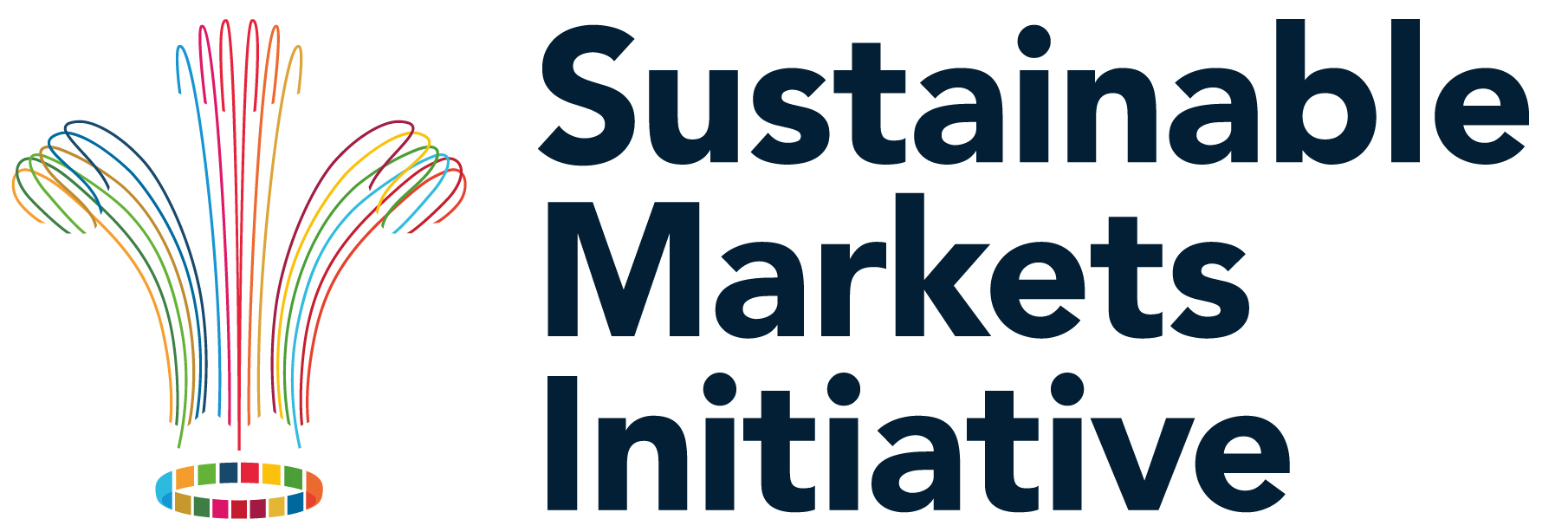
Japan Partnership for Circular Economy
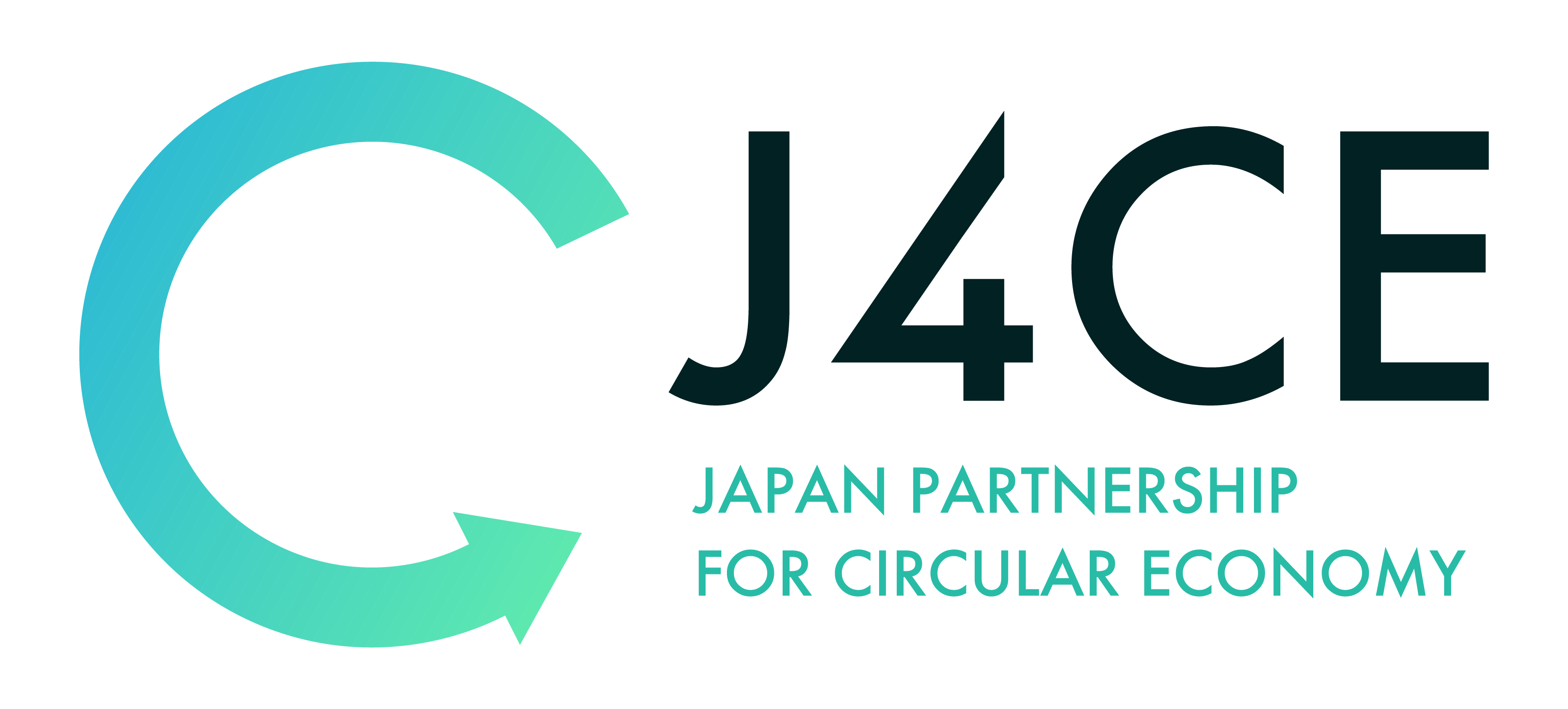
Operating Principles for Impact Management
- An institution of the World Bank Group. Established in 1956, one of the world's largest international inancial institutions specializing in private sector development in developing countries. Through cooperation with the private companies in about 100 countries around the world, the organization helps to eradicate extreme poverty and promote shared prosperity.
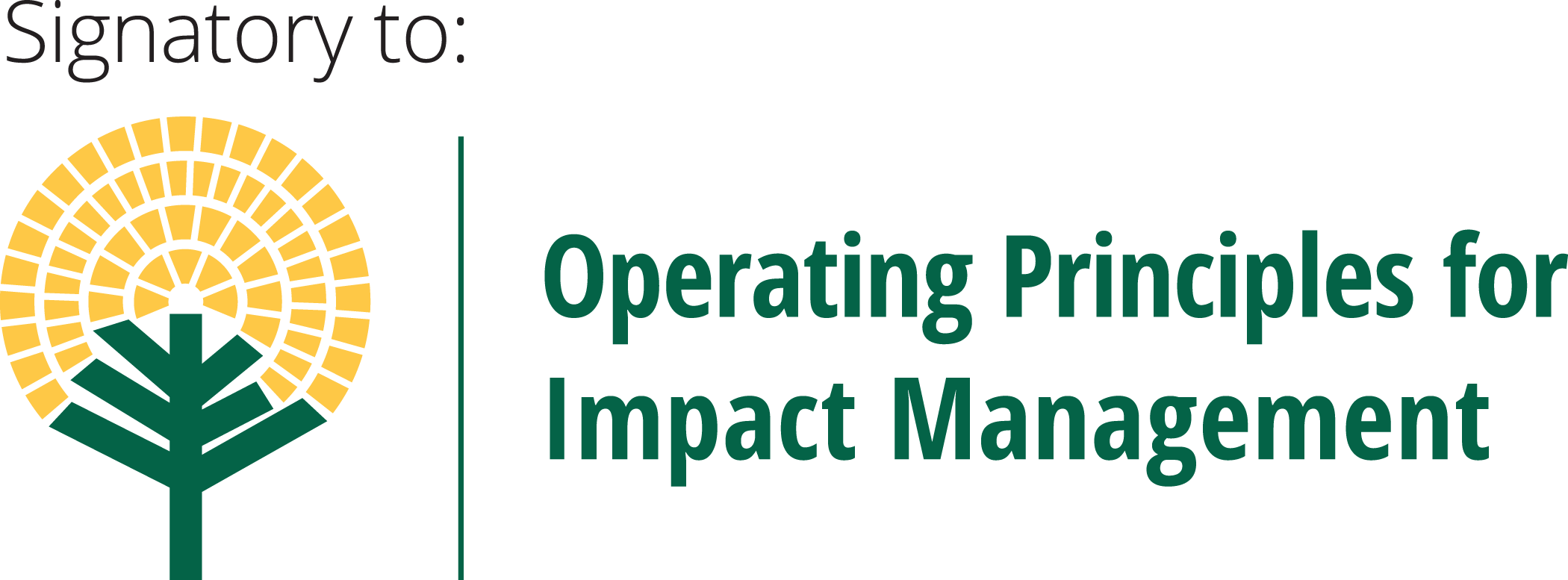
Principles for Responsible Banking (PRB)
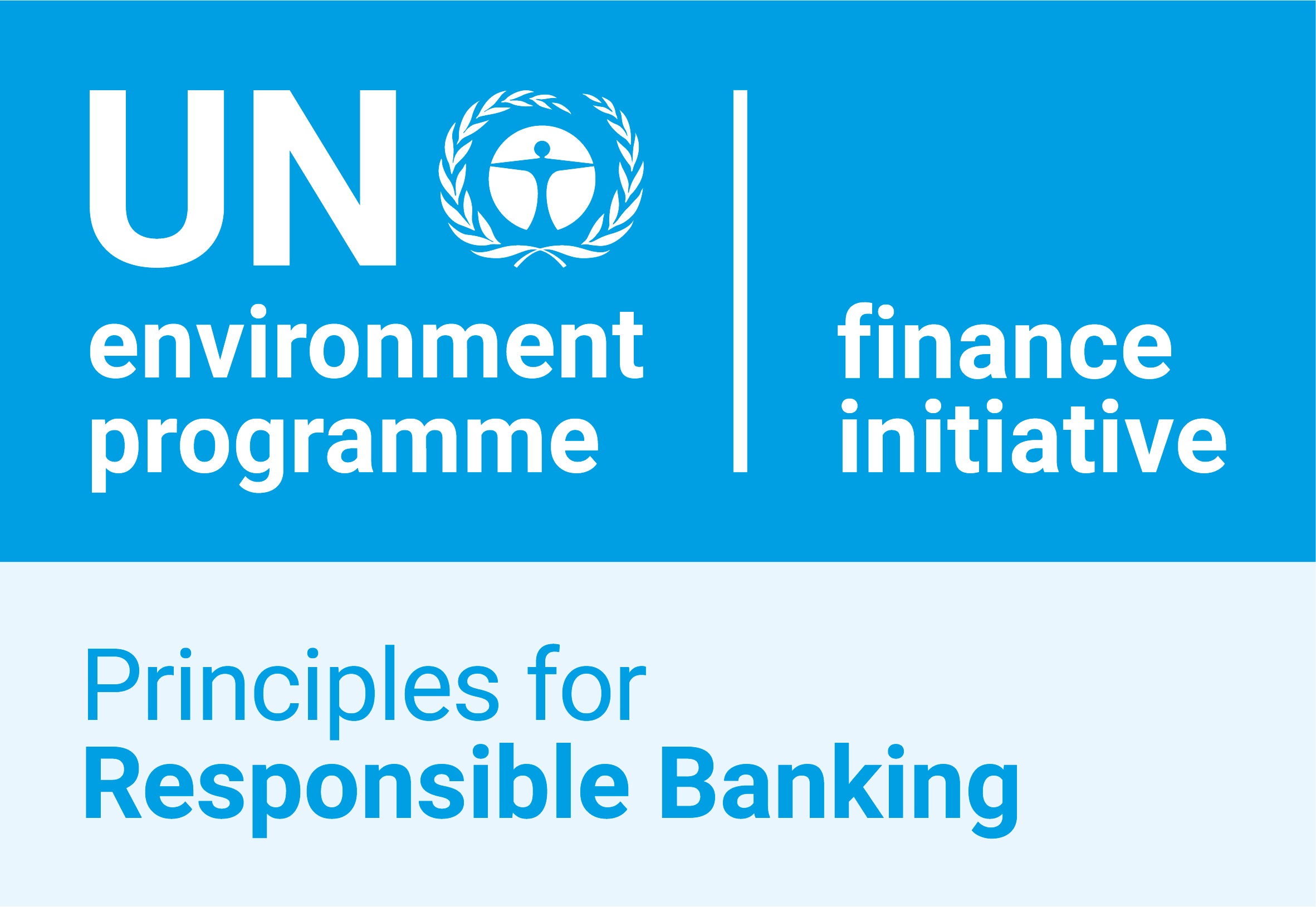
Principles for Financial Action for the 21st Century
MUFG Bank (the Bank) and Mitsubishi UFJ Trust and Banking (the Trust Bank) have been signatories to Principles for Financial Action towards a Sustainable Society (also known as Principles for Financial Action for the 21st Century) since their first announcement in November 2011. These principles established mainly through the proactive efforts of financial institutions include seven principles for financial institutions that want to take an active role and responsibility in the creation of a sustainable society, and guidelines tailored to each sector to implement the principles. the Bank, the Trust Bank and the Leasing Business will continue to make active efforts for the environment and society based on the principles.

UN Global Compact
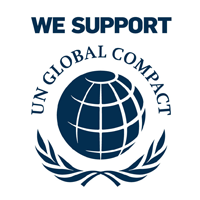
Principles for Responsible Investment (PRI)

Equator Principles
Adoption and adherence to the Equator Principles, a risk management framework to determine, assess and manage environmental and social risks and impacts in projects


